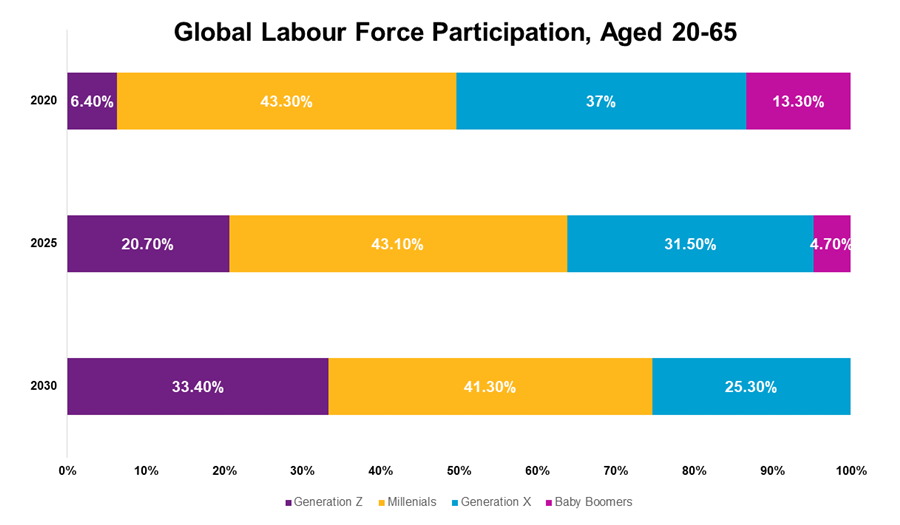Growing frequency and severity of climate change related losses, amplified by COVID-19, have made ESG (Environmental, Social and Governance) issues gain focus and priority of one and all – be it policymakers, investors, boards, organisations, or even individual employees.
In 2020, Larry Fink, President and CEO of Blackrock, world’s largest asset management firm had called out the focus on climate goals and linked the same with their investment strategy. He had also mandated disclosures on climate related goals for all their investment companies.
A Pensions & Investments and The Thinking Ahead Institute’s report found that more than eight out of 10 global consumers expect CEOs to lead on societal issues, and a premium on sustainability nexus is placed by top 500 global asset managers that links diversity, equity, inclusion (DEI) purpose and ESG principles.
Notably, 58% of employees consider a company’s social and environmental commitments when deciding where to work, and employees are three times more likely to stay and 1.4 times more engaged at what they consider to be purpose-driven organisations. As the urgency to tackle climate change gathered more steam, this trend is going to get more enhanced.
If we look at global workforce trends, multiple research studies have estimated the composition of workforce in 2020 and beyond, and most of them predict that Gen Z (born between 1997 and 2012) and Gen Y (born between 1981 and 1996) would together constitute more that 60% of the working population (and beyond) by 2025.
 Gen Z and Gen Y would together constitute more that 60% of the working population by 2025 and beyond.
Gen Z and Gen Y would together constitute more that 60% of the working population by 2025 and beyond.
Source: https://population.un.org/wpp/Download/Standard/Population/ Department of Economic and Social Affairs, Population Division. World Population Prospects 2019 Revision
An OCBC Bank survey of millennials in 2019 showed that Gen Y or Millennials (and more significantly, Gen Z) are interested in large societal issues. The top five most important causes that they care about are human rights (82%), poverty (81%), the climate and environment (79%), helping the elderly (79%) and mental health awareness (79%). Many of these issues go to the heart of ESG (social, wellbeing and environmental).
Undoubtedly, organisations not only need to measure ESG impact areas but also communicate the progress periodically to all the stakeholders including their employees.
Willis Towers Watson’s Human Capital Value and Risk Model defines key areas that can impact ESG from a Human Capital lens focusing on areas including wellbeing, DEI, employee experience and operational excellence. Some of the key metrices can include:
When defining, developing and implementing ESG metrics, organisations must align them with their overall business strategy, company purpose and culture.
Organisations should choose metrics carefully and abide by principles that already are in use for measuring physical and financial capital, including materiality, relevance and meaning, measurability, reliability, comparability, timeliness, auditability and cost versus benefit.
Going forward, progressive organisations must integrate meaningful ESG metrics into performance expectations and executive incentive plans to make substantive change and deliver concrete outcomes.
This article was first published in Financial Express.
| Title | File Type | File Size |
|---|---|---|
| Employer’s ESG goals and outcomes matter to new gen talent | .2 MB |